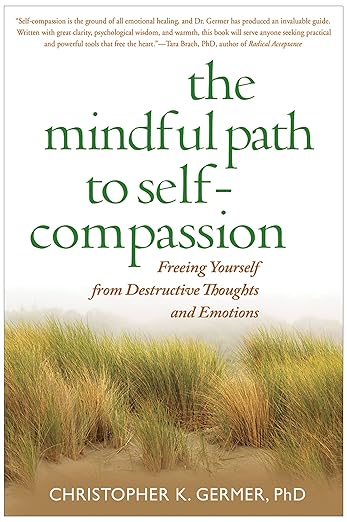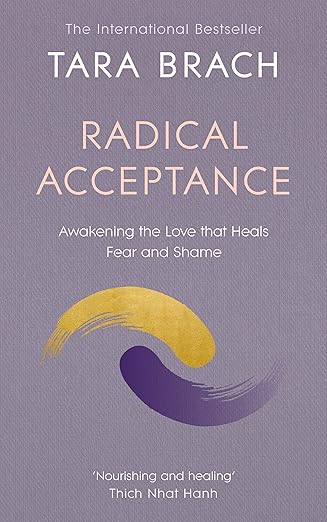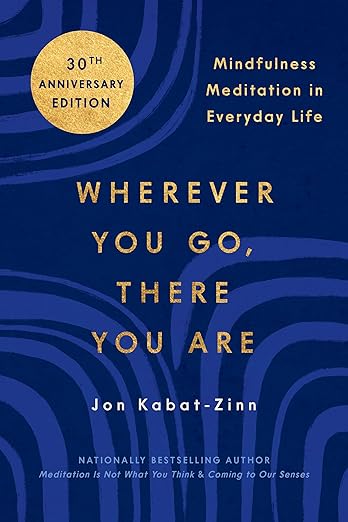Gambling and depression are deeply intertwined. For many, what begins as a form of escape or entertainment can spiral into a cycle of emotional distress, financial strain, and mental health deterioration. Gentle guidance through relapse recovery offers a pathway forward, making the understanding of this relationship a critical step toward healing—for both individuals struggling and those who care about them.
How Gambling Can Lead to Depression
While gambling may offer a temporary distraction or thrill, it can gradually erode emotional well-being. Here’s how:
- Financial Loss: Repeated losses can lead to overwhelming debt, shame, and a sense of hopelessness.
- Social Isolation: Many people withdraw from loved ones to hide the extent of their gambling, leading to loneliness and disconnection.
- Loss of Control: The inability to stop gambling—even after negative consequences—can fuel feelings of guilt, anxiety, and despair.
- Unmet Expectations: Chasing wins or the dream of a better life often ends in disappointment, reinforcing depressive thoughts.
When Depression Fuels Gambling
For others, depression comes first—and gambling becomes a coping mechanism:
- Escaping Emotional Pain: The highs of gambling may temporarily distract from sadness or emotional numbness.
- Seeking Dopamine: Depression lowers dopamine levels. Gambling can create a short-term chemical spike, reinforcing compulsive use.
- Low Self-Worth: Those struggling with self-esteem may gamble as a way to “win back” confidence or validation.
- Risk-Taking Behavior: Depression sometimes leads to self-destructive choices. Gambling may serve as a way to feel something—anything—again.
Warning Signs of the Gambling-Depression Cycle
If you or someone you know may be trapped in this cycle, here are some signs to watch for:
- Gambling despite clear financial, relational, or emotional consequences
- Feelings of shame, guilt, or worthlessness after gambling
- Using gambling as a primary source of mood relief
- Loss of interest in previously enjoyable activities
- Thoughts of self-harm, suicidal ideation, or overwhelming hopelessness
Helpful Resources and Support Paths
Recovery is possible—and help is available. These resources can offer both insight and emotional support. A quick note: certain links on this page are affiliate links. If you buy through them, we may receive a small commission. This helps us keep High Stakes Healing running and continue offering free recovery resources. We only share tools and books we trust to help you heal.
Podcasts for Hope and Understanding
- The Problem Gambling Podcast: Stories and strategies from people in recovery.
- The Broke Girl Society: Real conversations about gambling addiction and mental health—especially for women.
- All In: The Addicted Gambler’s Podcast: Honest stories from individuals and families affected by gambling and depression.
Books That Offer Deeper Clarity
Many who have walked the path of recovery share their wisdom through books. Our Books for Recovery page brings together powerful personal stories alongside practical guides to keep you motivated.
What You Can Do Today
Whether you’re struggling personally or supporting someone who is, here are gentle first steps to consider:
Need Someone to Talk To?
Healing becomes easier with guidance. Online-Therapy.com offers structured CBT-based programs and personal therapist support designed to help you break free from harmful patterns.
- Talk to Someone: A therapist trained in gambling addiction or depression can offer clarity and support.
- Explore Our Mindfulness Library: Use guided practices to regulate emotions and reduce cravings.
- Subscribe to Our Newsletter: Receive tools, insights, and encouragement straight to your inbox.
- Set Boundaries: Consider using blocking tools for gambling websites or uninstalling related apps.
Frequently Asked Questions About Gambling and Depression
Can depression cause someone to gamble excessively?
Yes. Depression can lead individuals to seek gambling as a way to cope with emotional pain or to feel temporary relief. Unfortunately, this often leads to a worsening of symptoms over time.
What are signs that someone is struggling with both gambling and depression?
Some warning signs include frequent sadness or irritability, using gambling to escape, financial stress, social withdrawal, and losing interest in other activities. These signs can overlap, making both conditions harder to spot.
Can treating depression help reduce gambling behavior?
Yes. When depression is addressed—through therapy, medication, or lifestyle changes—the need to escape or self-soothe through gambling can decrease. Treating both issues together often leads to more lasting recovery.
What kind of professional help is recommended?
Cognitive-behavioral therapy (CBT) is often effective for both gambling problems and depression. Seek therapists who understand addiction and co-occurring mental health conditions for comprehensive support.
Is it possible to recover from both gambling addiction and depression?
Absolutely. Many people have recovered from both by combining professional help, peer support, personal reflection, and healthy routines. Recovery is a gradual but achievable process.
Final Thought
Gambling and depression often hide in silence. But naming them can be the first act of healing. The feelings you’re facing are valid—and you are not alone.
You don’t have to choose between gambling and numbness. You can choose recovery, connection, and peace. And it starts right here.
Recommended Readings:








